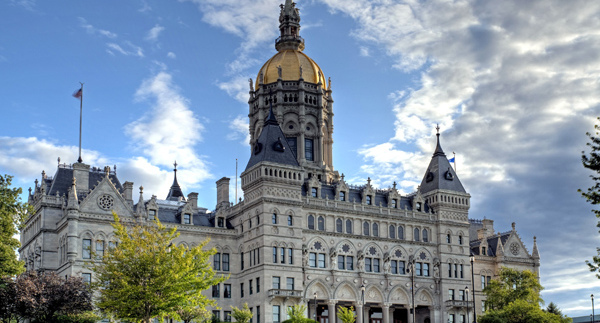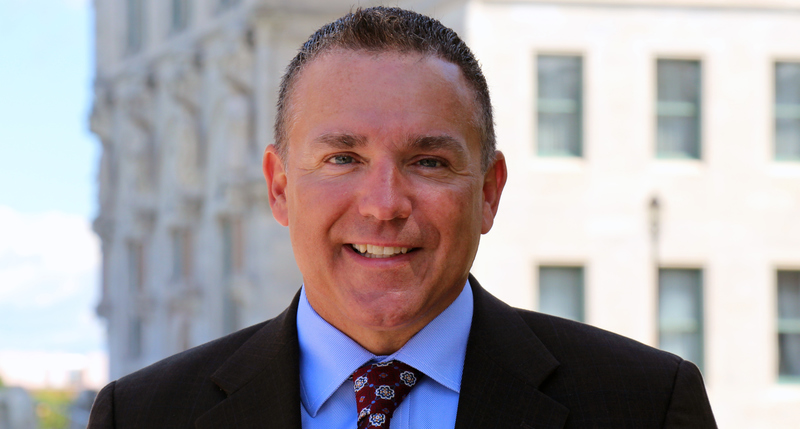






Connecticut Sports Betting Bill First To Contain Integrity FeeLeagues Would Get 0.25% Of Total Handle In Exchange For "Partnership" With The State |
|
|

When Connecticut held its first hearing on legalizing sports betting in the state in 2018, Rep. Joe Verrengia told the legislature that he was “not for legislation that in some way, shape or form would line the pockets of MLB, NBA or any other major sports owners.”
Verrengia was referring to the hotly contested “integrity fee,” a fee that states would pay the leagues in exchange for official data. No state with legal sports betting has implemented this fee into their regulatory framework… so far.
When Verrengia introduced the latest sports betting bill into Connecticut’s General Assembly in early March, it was clear his tune had changed. The new bill seeks to give teams the fee they are looking for, but Verrengia looks at it as a partnership and not the cost of doing business.
In return for 0.25 percent of the state’s total sports betting handle, the leagues would fund a joint venture with the Connecticut Department of Economic Development, in an effort to bring more sports to the state.
Connecticut lost its only major sports team, the Hartford Whalers of the National Hockey League, in 1997 when they relocated to North Carolina and became the Carolina Hurricanes. Verrengia hopes that the partnership will bring professional exhibition games to the state, as well as additional support for youth sports.
The bill would authorize both tribal and commercial casinos to offer sports betting, both in-person and mobile. Currently, there are only two tribal casinos, but MGM is hoping to build a casino in Bridgeport and the Mashantucket Pequots and the Mohegan Tribes formed a joint venture to hopefully open a commercial casino in East Windsor. Off-track betting parlors and the state lottery would also become authorized to offer sports betting.
Both professional and collegiate sports would be legal to wager on.
Gov. Ned Lamont (D) touted support for both legalized sports betting and recreational marijuana as new revenue streams for the state during his campaign in 2018. He did not include either in his budget proposal in February.
 A second hearing on sports betting was held at the end of February and included several different interest groups. Representatives from the two tribes threatened to stop making payments to the state if they authored legislation that made sports betting legal outside of the current compact.
A second hearing on sports betting was held at the end of February and included several different interest groups. Representatives from the two tribes threatened to stop making payments to the state if they authored legislation that made sports betting legal outside of the current compact.
Former Major League Baseball player and manager Bobby Valentine was also in attendance and lobbied to allow bars and restaurants to have mobile sports betting. Valentine is the owner of multiple establishments in the state.
State officials estimate that sports betting operators would generate about $100 million in revenue, with anywhere between $8 million and $20 million heading to the state in tax revenue.
Despite the many different special interests, Verrengia is confident Connecticut will have legal sports betting in 2019.
“The positive thing is there really is a lot of support for sports betting,” said Verrengia. “It’s just a matter of how we’re going to get there.”
